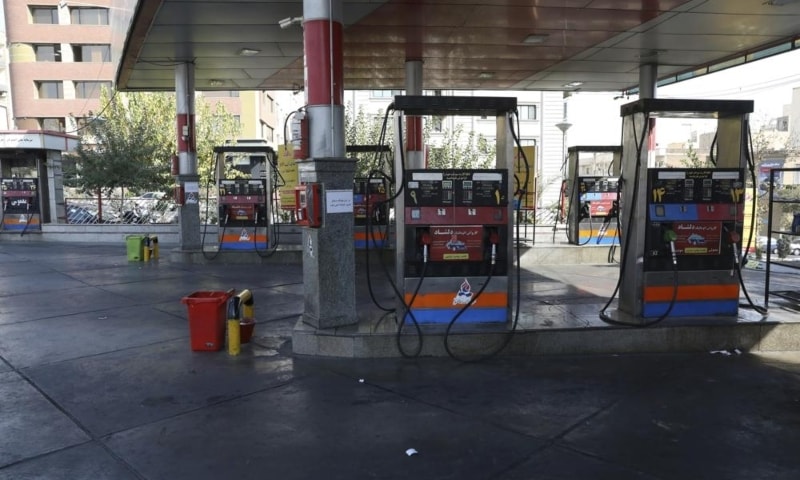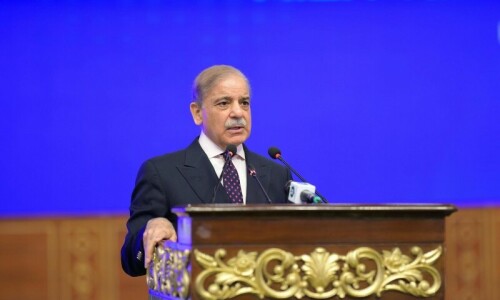DUBAI: A cyber attack targeted fuel stations on Tuesday across Iran, shutting down a government system managing fuel subsidies and leaving angry motorists stranded in long lines at shuttered stations.
No group immediately claimed responsibility for the attack, though it bore similarities to another months earlier that seemed to directly challenge Iran’s Supreme Leader Ayatollah Ali Khamenei.
State television quoted an unnamed official in the country’s National Security Council acknowledging the cyber attack, hours after it aired images of long lines of cars waiting to fill up in Tehran. A journalist also saw lines of cars at a Tehran station, with the pumps off and the station closed.
State TV said Oil Ministry officials were holding an emergency meeting to solve the technical problem.
The semiofficial ISNA news agency, which first called the incident a cyber attack, said it saw those trying to buy fuel with a government-issued card through the machines instead receive a message reading cyber attack 64411. Most Iranians rely on those subsidies to fuel their vehicles, particularly amid the country’s economic problems.
While ISNA didn’t acknowledge the number’s significance, that number is associated to a hotline run through Khamenei’s office that handles questions about Islamic law. ISNA later removed its reports, claiming that it too had been hacked.
Farsi-language satellite channels abroad published videos apparently shot by drivers in Isfahan, a major Iranian city, showing electronic billboards there reading: “Khamenei! Where is our gas?” Another said, “Free gas in Jamaran gas station,” a reference to the home of the late Supreme Leader Ayatollah Ruhollah Khomeini.
The use of the number 64411 mirrored an attack in July targeting Iran’s railroad system that also saw the number displayed. Israeli cyber security firm Check Point later attributed the train attack to a group of hackers that called themselves Indra, a Hindu deity.
Indra previously targeted firms in Syria, where President Bashar Assad has held onto power through Iran’s intervention in his country’s grinding war.
The attack also came on the birthday of the late Shah Mohammad Reza Pahlavi, who, stricken with cancer, fled the country in 1979 just before the Islamic Revolution.
Iran has faced a series of cyber attacks, including one that leaked video of abuses at its Evin prison in August.
The country disconnected much of its government infrastructure from the internet after the Stuxnet computer virus widely believed to be a joint US-Israeli creation disrupted thousands of Iranian centrifuges in the country’s nuclear sites in the late 2000s.
Published in Dawn, October 27th, 2021
















































